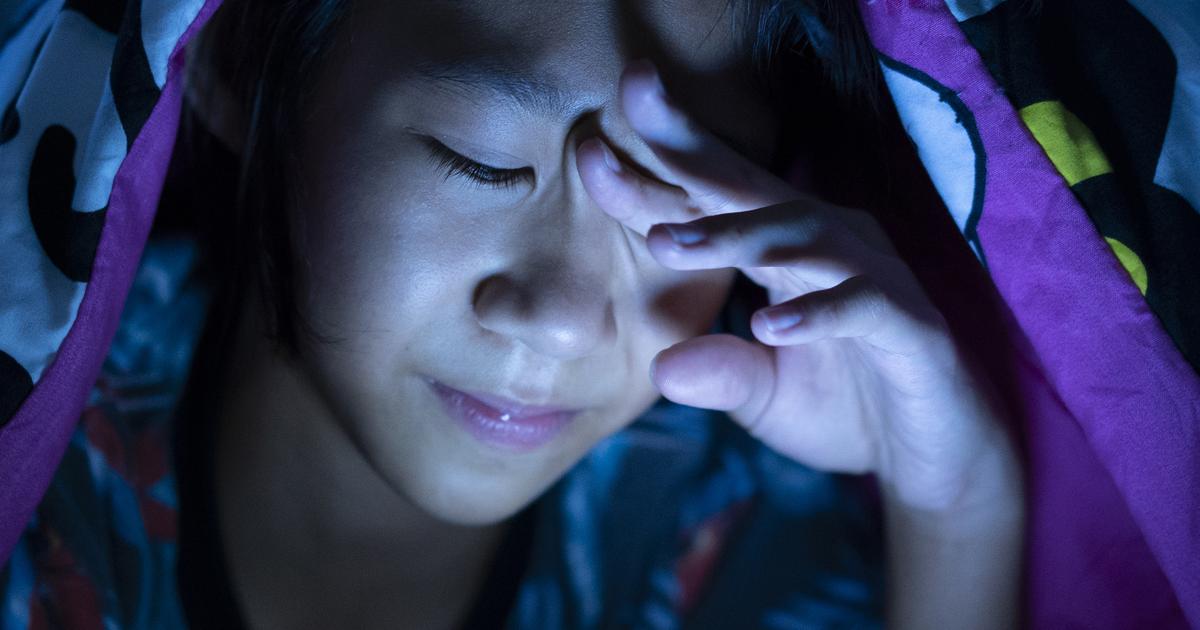Common Risk Factors And Causes Of Teeth Grinding
Night Terrors

Night terrors are a type of sleep disorder that can cause patients to grind their teeth. The condition is much more common in young children than in adults. In individuals above twelve years old, night terrors are much rarer. Older individuals who have night terrors typically develop them following a traumatic experience or prolonged substance abuse. A night terror tends to occur in the deepest sleep stage, which is generally the first portion of the sleep cycle. Individuals having night terrors might seem like they're awake but continue to have the frightening hallucinations and experiences. Children might scream or cry, and they might not recognize the ones around them who are consoling them. Teeth grinding and jaw clenching might occur as a result of the fear or as a result of trying to avoid screaming. About 6.5 percent of children deal with night terrors, and 2.2 percent of adults also have them. Lack of sleep and high stress levels are thought to be significant contributing factors. If a child is having night terrors, they might grind their teeth in ways that cause jaw pain the next day.
Get more details on the risk factors related to teeth grinding now.
Increased Stress

If individuals are dealing with increased stress and anxiety, they're far more likely to begin grinding their teeth. They might do it unconsciously during the day, as they're trying to deal with the stress of day-to-day life. Alternatively, individuals might begin to grind their teeth in their sleep as their brain tries to sort through all the stresses and mishaps from the day. In fact, high stress and anxiety tend to be the most common reason linked to bruxism. When individuals clench their teeth, their body naturally releases a stress hormone called cortisol. During stressful situations, cortisol rises as the adrenal gland releases it. High cortisol can make individuals more alert, but they can also make them tenser and more stressed out. Even if individuals haven't had significantly increased stress recently, if they're dealing with ongoing chronic stress, they might unexpectedly develop a teeth grinding habit. Individuals going through stressful life periods are more likely to grind their teeth to help deal.
Discover additional risk factors for teeth grinding now.
